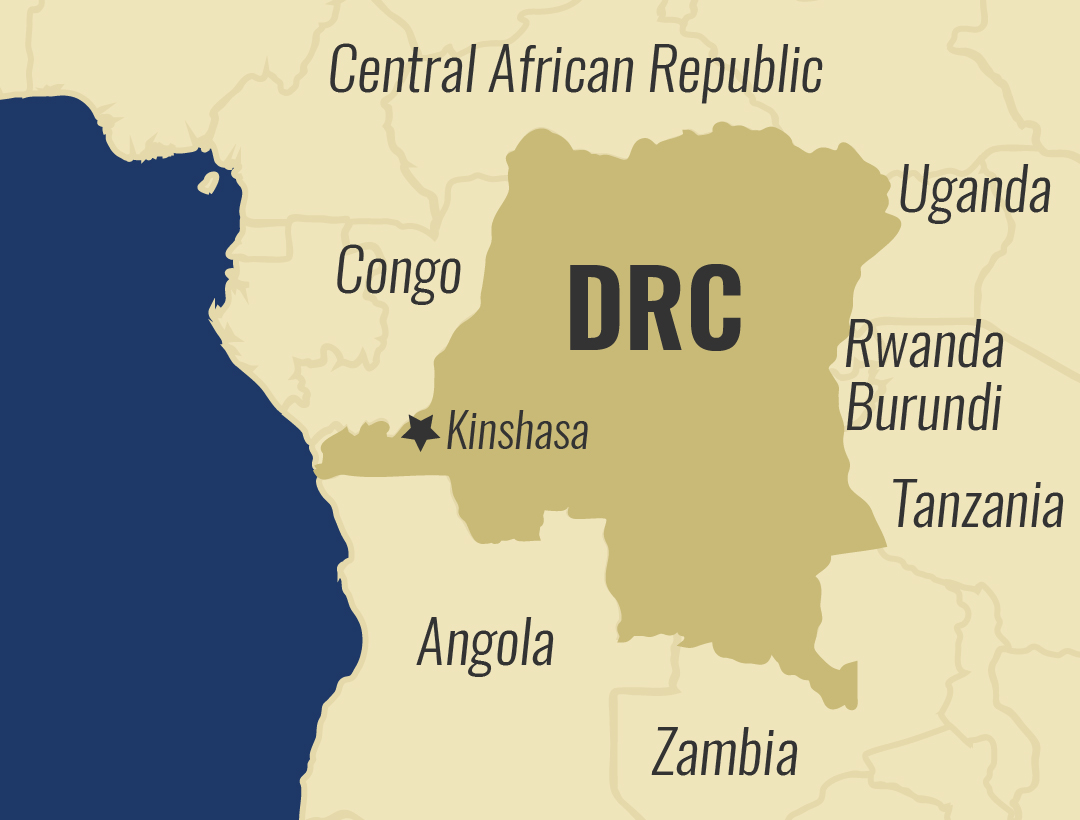Faces of Africa – Nigeria’s Lost Generation Pt 1
On the morning of 14th April 2014 in Nigeria’s, Maiduguri, an ugly incident occurred which cast the Borno State in negative light.
The world was shocked to learn that close to 250 girls were abducted by the Boko Haram insurgents from Government Secondary School in north eastern Nigeria.
Boko Haram is an Islamist militant group in Nigeria whose origins date back in 2010 and wishes to see Sharia law being applied in Nigeria. The name ‘Boko Haram’ was given to them by the locals and literally translates to ‘against western education’
Boko Haram is against western education, claiming that western education corrupts the society.

Over the years Boko Haram atrocities continue to escalate. The Chibok mass abductions made headlines and quickly became one of the most discussed kidnappings in history.
Former US, First Lady Michelle Obama and Malala Yousafzai the Pakistani ‘girl child’ education activist brought the abduction to global attention making the hash tag #BringBackOurGirls become a very strong global campaign that piled pressure on the Nigerian Government and the international community to act quickly and decisively.

Bukky Shonibare a “Bring our girls back home” campaigner shares her hopes on the Chibok girls rescue and return four years after their abduction.
On the fourth year anniversary of the Chibok incidence, Bukky’s main hope is to keep hope alive that the girls will be freed and re-united with their families.
“Fear literally lives among us. Trust has been already eroded because when your child comes back from school, you give thanks God every day.”
Fatima Adam, a former Chibok abductee narrates how she was captured and how she managed to escape in dramatic fashion… “I was visiting Munguno, where my grandmother lives. The Boko Haram invaded the village, killing many men and women; they forced their way into the house on the fifth day. They took all six of us to Gwoza where we met other women, about fifteen of them,” the 20 year old survivor narrates.

Fatima later survived a suicide bomb planted on her by the insurgents after her surrender capture by Nigerian security forces.
Cases of Women and children being used as suicide bombers have become the modus operandi of the extremist group. The United Nations Children Fund, UNICEF, puts that at least 27 teenage girls were used as suicide bombers in Borno within the first quarter of 2017 alone. Many of the girls abducted by Boko Haram, many are forced into marriages. Needless to say over the years, over 30,000 Nigerian people have died during havoc created by the caliphate.
Boko Haram uses an array of tricks to lure new recruits; these are but not limited to force and coercion, the promise of financial gains and peer pressure.





